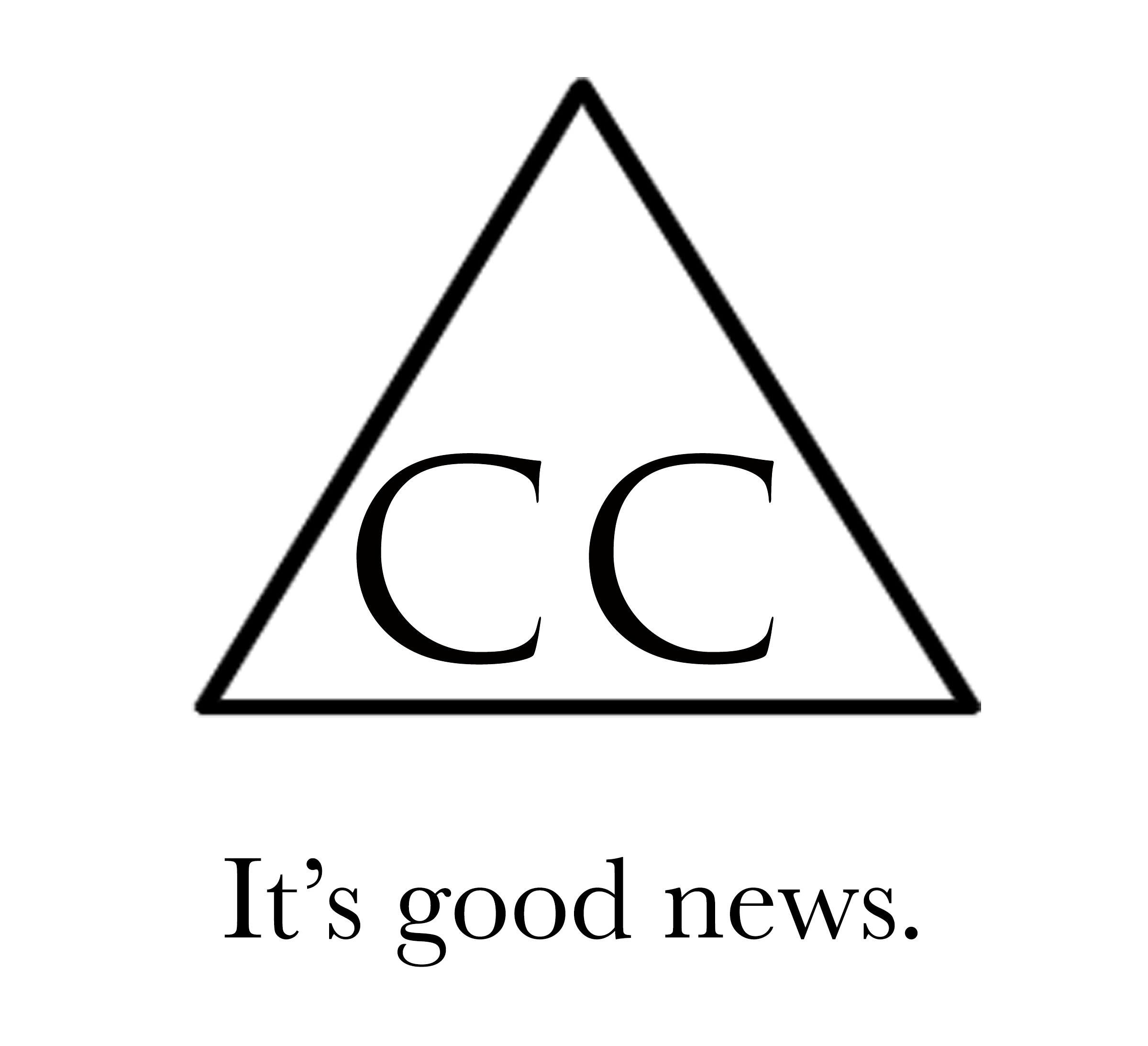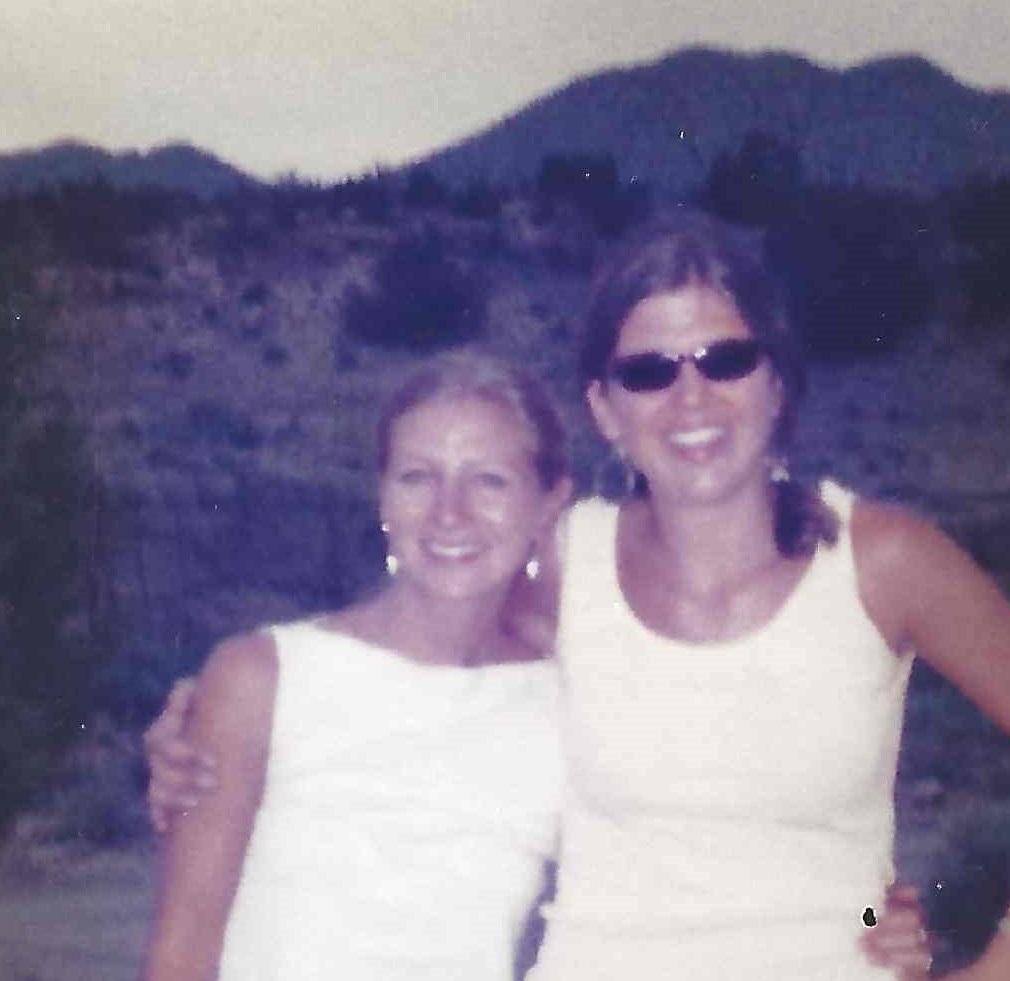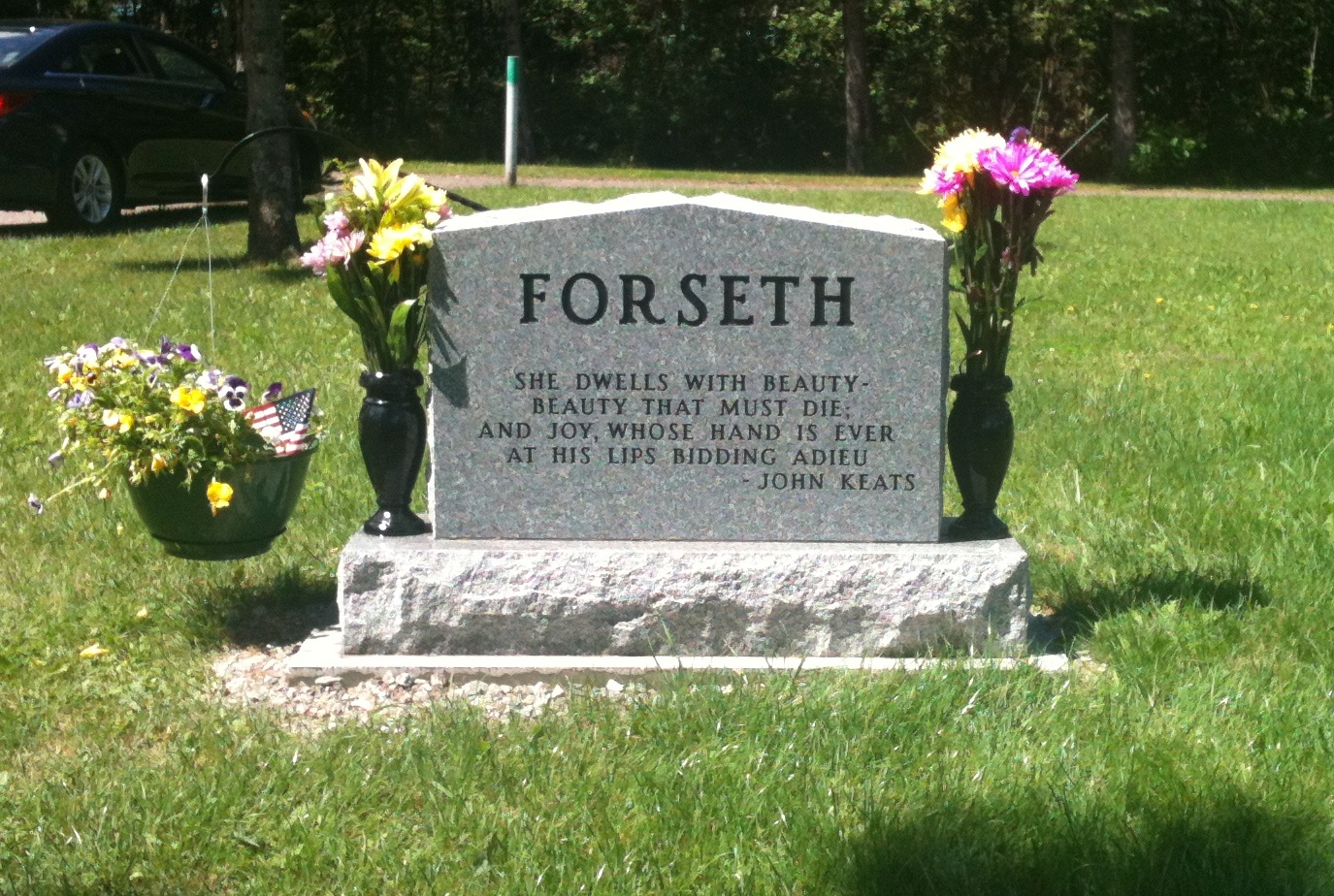POETRY FOR LIFE
2002. Backdropped by the Sangre de Cristo Mountain foothills near Santa Fe, New Mexico, with Noemi Hagen Wierwille, lifelong bestie, inspiration, and encourager.
Life is hard after St. John’s College. The school’s Great Books program—based on history’s top texts—is an ecstasy of thinking that proves uncommon in the real world. It goes something like this: all students on a last-name basis, the “Tutor” (not professor) kicks off each “seminar” (not class), with a question like, “What was the Truth for Odysseus?” The students pounce in what’s called the Socratic method, an inquiry-based debate in which you advance the conversation through questions till time’s up. You never quite reach bedrock, but then neither did Socrates (just read his Meno). The search is the thing, and everyone wins.
To make things even more heavenly, I was in SANTA FE, the photo negative of my Duluthian home country. A city of natural lights and technicolor skies, the scent of campfire always in the air, it was love at first sunset, first hike, first bite, first everything. I still can’t believe I ever left.
Upon completion of a two-year graduate program, which worn-out undergrads belittled “Great Books Light,” in 2004 I moved to New York to hit the…jobtime. I went from pursuing wisdom to seating celebrities for Jean Georges and hanging coats for Mario Batali (that would be all I did for him).
At the same time I threw the kitchen sink at gaining entry to New York’s cultural scene, starting with an editorial internship at TCG Books/American Theatre magazine (after which they mercifully hired me). I joined St. John’s alumni committee, attending seminars and events to promote the school and continue the addictive practice of discussing books. I heard about the 92nd Street Y and enrolled in a poetry workshop with Rachel Hadas, one of our country’s great poets and classicists. My oncoming career change, marriage, and motherhood would soon signal the end of many extracurriculars, but I’ve clung to Rachel and, nearly fourteen years later, her ongoing instruction is a highlight of my life.
Cordelia and I at the launch of Rachel's book, the Aeneid-inspired Poems for Camilla, in December. While Cordelia’s well-timed nap inspired loads of “not the first to nod off at a poetry reading, won't be the last” type jokes, the event was far from somnolent as a roster of distinguished poets* took to the stage in Rachel’s honor with paired readings from Camilla and their own work.
Today, deep into an accidental beauty career and (slightly less accidental) motherhood, I fight for every unclaimed minute. In my darkest moments, I rue that family is my only valid personal time and work is my only valid escape. In this time-starved world, poetry is a saving grace.
A poem is the ultimate quick fix. It can be as rich as a book, as life-changing as a song, as permanent as your greatest memory. Learn your favorites by heart and you need never be alone. Sound appealing? I highly recommend The Paris Review’s Poem of the Day.
I’ve loved poetry as long as I can remember, the combined thrill of words and meter, the sum meaning so much greater than its parts. I get high from poems that "nail it,” where each word feels inevitable and it seems a sentiment has been hit upon—put into words—like never before. Good poems are puzzles you don’t know how the maker solved.
My first great poetry memories came when my eighth grade literature teacher, the tireless Tim Blackburn, introduced us to the likes of Wilfred Owen and John Donne. “Dulce et Decorum Est” burned the image of war on my brain, and dissecting “A Valediction: Forbidding Mourning” was mind-blowing bliss. Here are the last four of its nine quatrains:
Our two souls therefore, which are one,
Though I must go, endure not yet
A breach, but an expansion,
Like gold to airy thinness beat.
If they be two, they are two so
As stiff twin compasses are two;
Thy soul, the fixed foot, makes no show
To move, but doth, if the other do.
And though it in the center sit,
Yet when the other far doth roam,
It leans and hearkens after it,
And grows erect, as that comes home.
Such wilt thou be to me, who must,
Like th' other foot, obliquely run;
Thy firmness makes my circle just,
And makes me end where I begun.
I remember exactly where I was sitting, the look of the desks and light of the classroom, as we wrapped our heads around the miracle of Donne’s achievement: using a draft compass as metaphor for romantic love.
In youth my growing mind continued to be blown by (linking to some favorites) Keats, Shakespeare upon Shakespeare, Marlowe, Jonson, Herrick, Byron, Bishop, Dickinson, Wordsworth, and Yeats, who wrote a little poem called “The Wheel” that taught me much:
THROUGH winter-time we call on spring,
And through the spring on summer call,
And when abounding hedges ring
Declare that winter’s best of all;
And after that there’s nothing good
Because the spring-time has not come -
Nor know that what disturbs our blood
Is but its longing for the tomb.
More than any measure of self-help, this poem has implored me to “stay in the moment” since I first leafed into it at a Dublin Waterstones twenty years ago.
As an adult I’ve added to my society of dead poets with living greats like Rachel—see this from last Thanksgiving’s The New Yorker—the head-shakingly poignant A.E. Stallings, and the recently departed Richard Wilbur, our gold-standard translator of Molière and twice-Pulitzer winner. In 2009 I was lucky enough to see a boom-voiced Wilbur, 88 years strong, read at the 92nd Street Y. With great emotion he shared a poem inspired by his beloved late wife, "The Catch," which I will forever think of as the canon’s greatest “shopping poem.”
Like music, poetry can stop time, put the world back into joint, and say the unsayable at occasions happy and sad. We read Auden at my wedding and the above-mentioned Shakespeare, as well as Dickinson, at my grandparents’ funerals. Their tombstone reads Keats.
The quote my grandpa selected for my grandma’s tombstone, to be their shared, when she pre-deceased him by nearly five years in early 2012. He is with her now.
Rachel’s "Poetry Circle," a monthly workshop at her home, gives me a sense of making something meaningful (the word “poetry” literally means “to make”) and continuing to grow. Thursday night on the Upper West Side, exchanging poems and getting smarter as Rachel pulls an always perfect reference from her buckling shelves, we participate in the tradition that inspired William Carlos Williams to write, "It is difficult/to get the news from poems/yet men die miserably every day/for lack/of what is found there."
In the shadow of so many great poems, I dare to share one of my own, ever in progress...
UNTITLED
The old beggar counted his coins, dropping
each back down into his cracked plastic cup.
He sometimes missed, then labored to balance
and retrieve the fallen capital from
between boots and grime on the slick car floor.
He rummaged through sagging pockets under
his crinkled overcoat of plastic black
as the stench rose from him through the wet cold.
I am a kid again, counting out my
rummage sale gains. A quarter mattered.
On a hot summer day in my parents'
back yard, we smelled like kids do, fought over
puny profits, then pocketed the change
and transferred it to plastic banks until
the next family trip or a rainy day.
Memories are rummage that improves with
time. Nostalgia, a sweet and deceptive
friend. She visits unbidden and can make
warm company or material for
a thought that lingers till you find the words.
*Andrés Cerpa, Jessica Greenbaum, David Katz, Keith O’Shaughnessy, Wendy Sloan, and Anton Yakovlev read at the book launch of Rachel Hadas’s Poems for Camilla.



